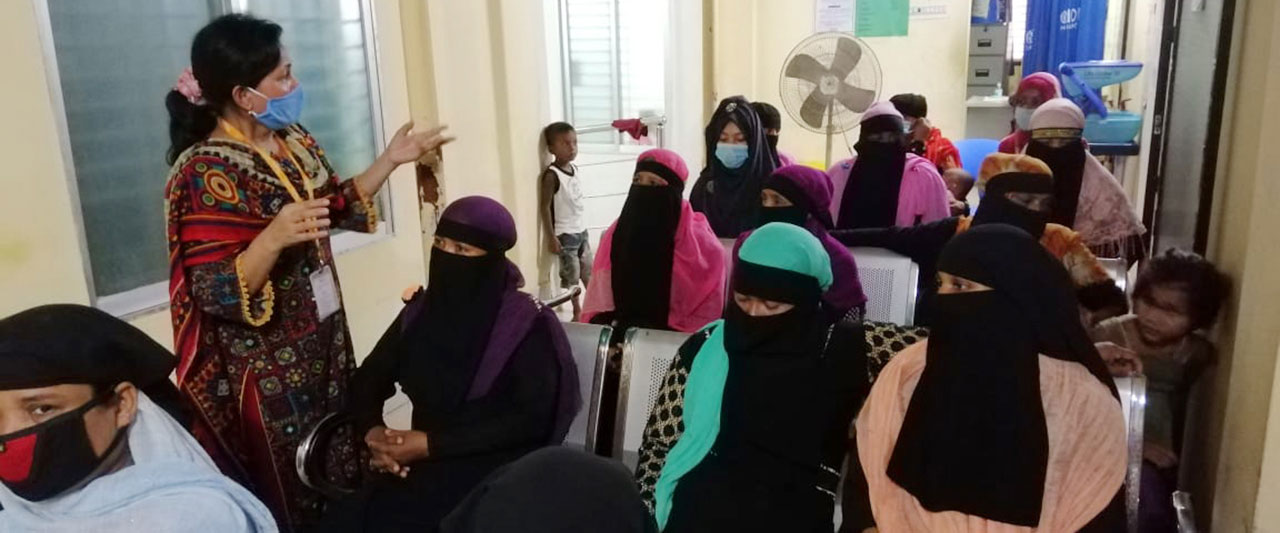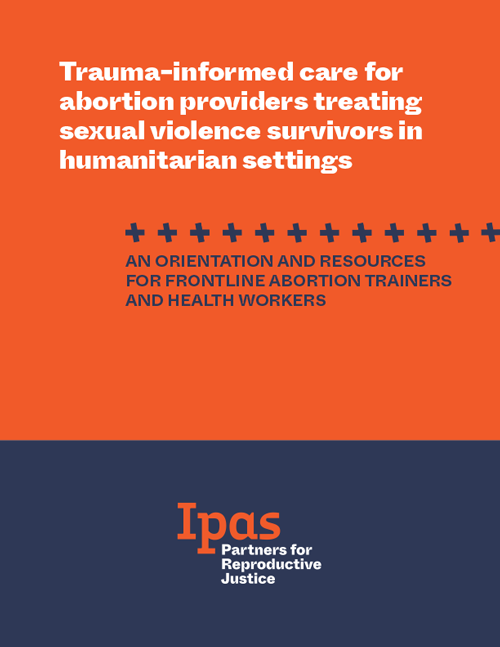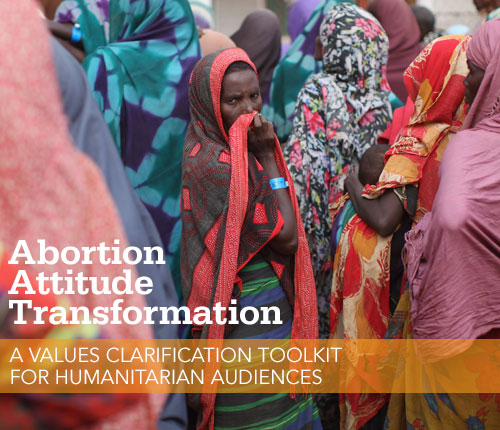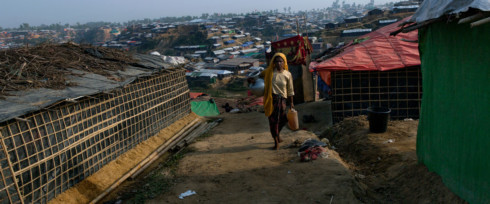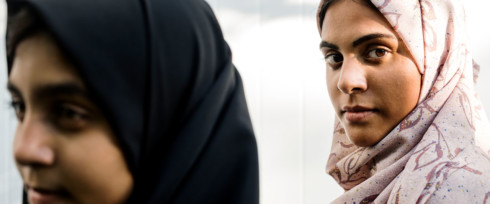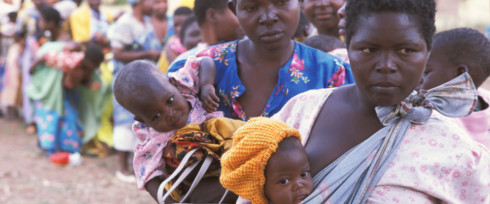An estimated 35 million women and girls of reproductive age are living in crisis settings around the world, yet they often have little or no access to contraception or abortion care.
Whether displaced by human conflict or extreme weather events caused by climate change, these people often find themselves displaced or living in refugee camps for years—sometimes decades. And no matter what caused the crisis, women and girls face the same harms to their reproductive health: no access to health care; increased risk of sexual violence; and lack of basic necessities, education, and jobs to help them safely provide for their families and take care of their health.
This is a long-term, global problem that will only impact more people as climate change advances. That’s why Ipas works with diverse partners, including humanitarian organizations, to ensure women and girls affected by crisis have reproductive health options that include abortion and contraception.
Every crisis is different. Our varied solutions recognize that.
Through a variety of different programs and approaches, we’re proving that reproductive health care can be made accessible during an acute crisis and in the years that follow.
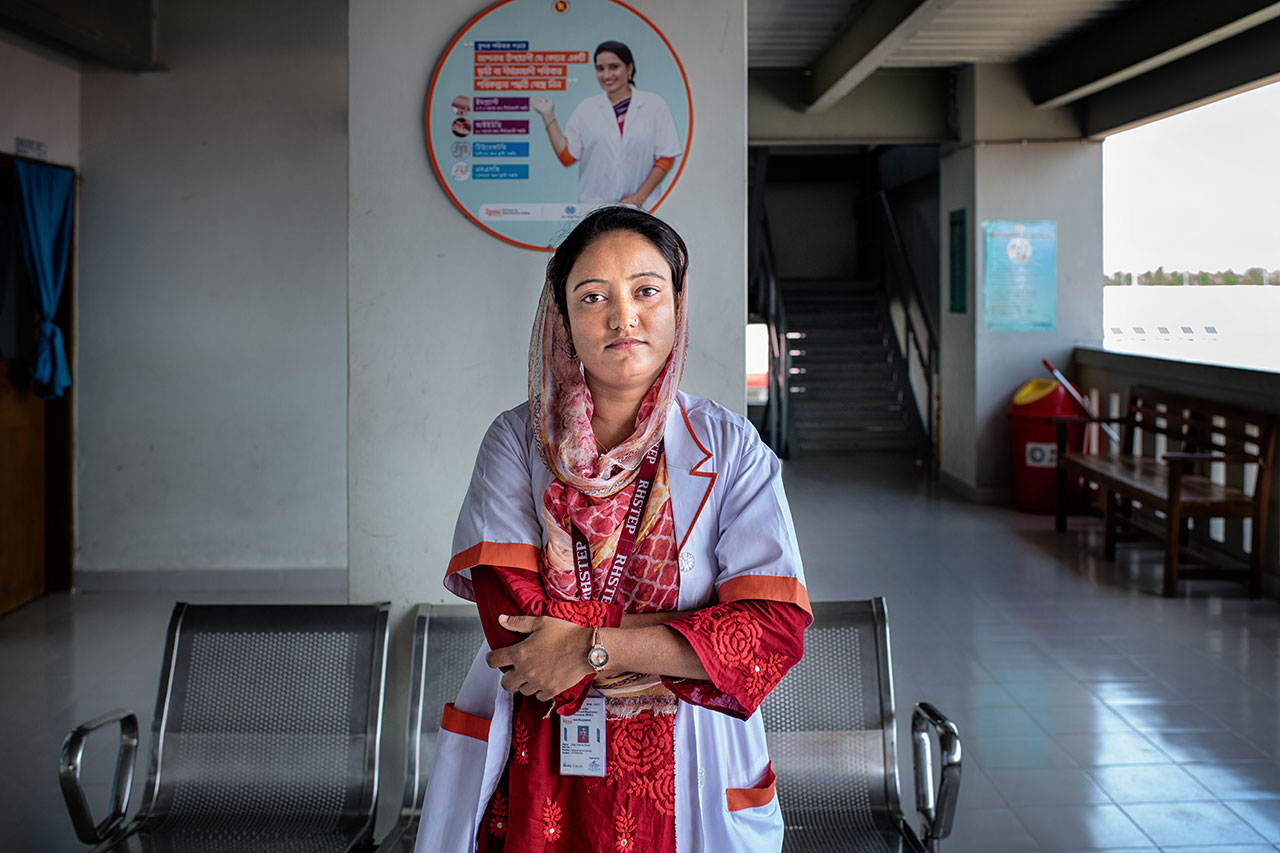
Bangladesh
Training health workers in Rohingya refugee camps
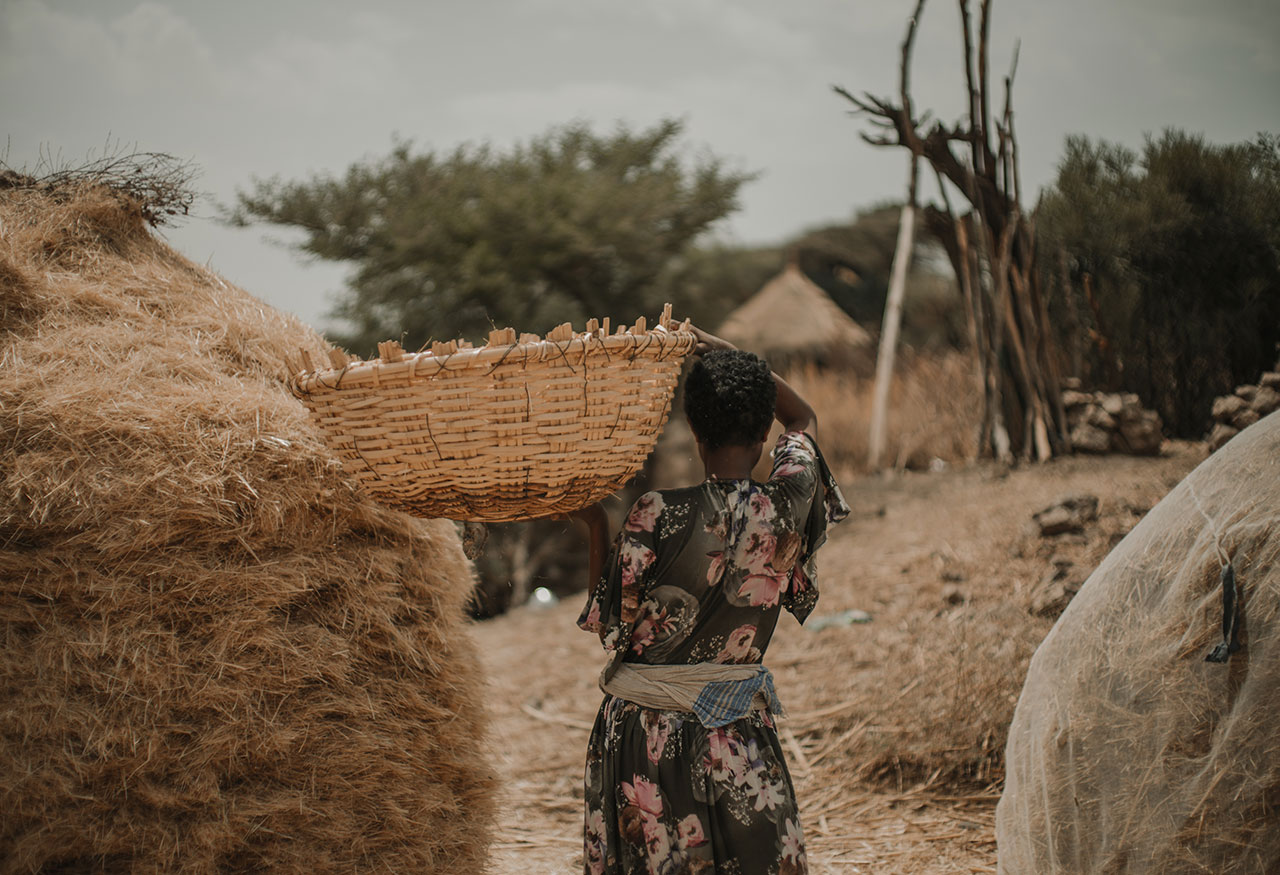
Ethiopia
Partnering with community groups and health workers during civil war
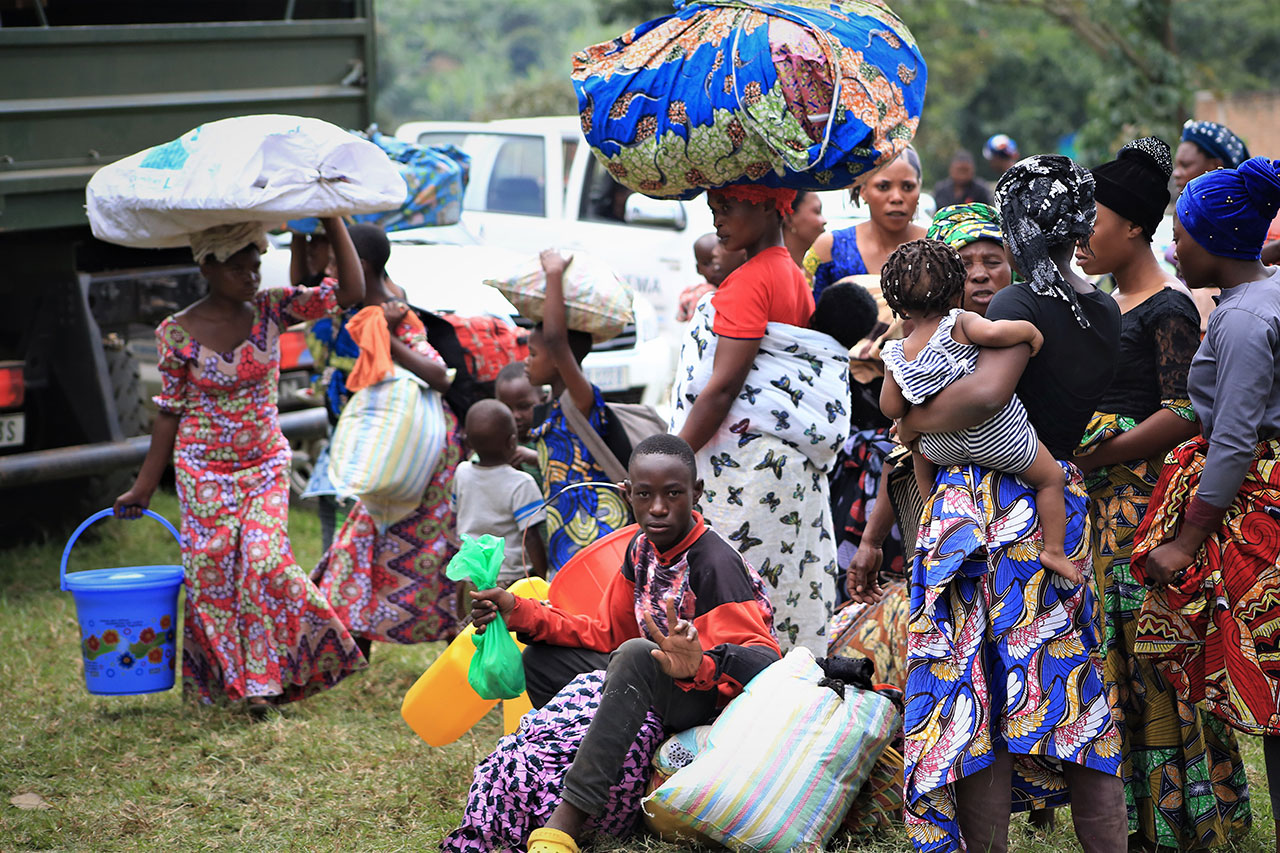
Democratic Republic of Congo
Ensuring care for internally displaced people
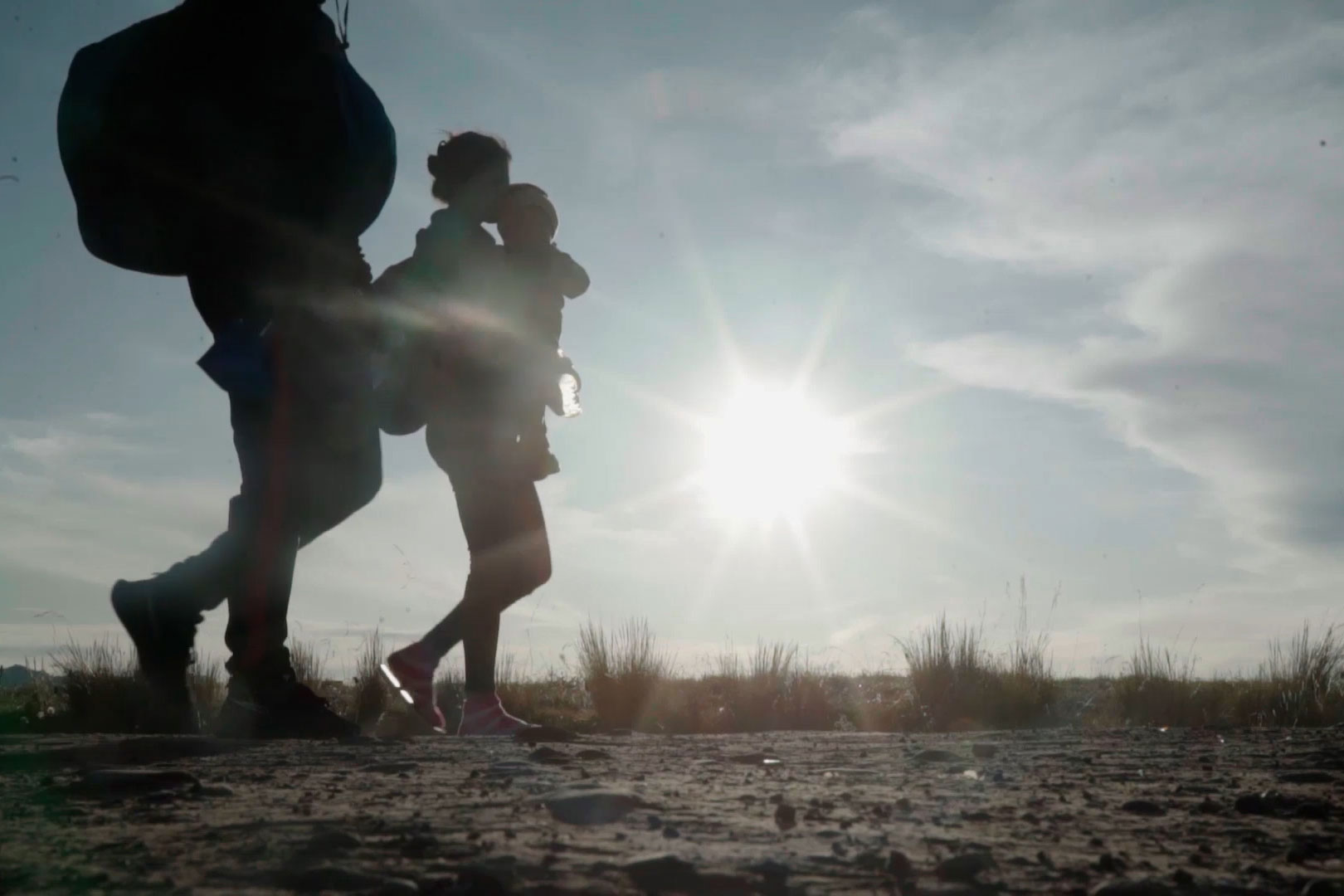
Bolivia
Providing health information and care to Venezuelan migrants
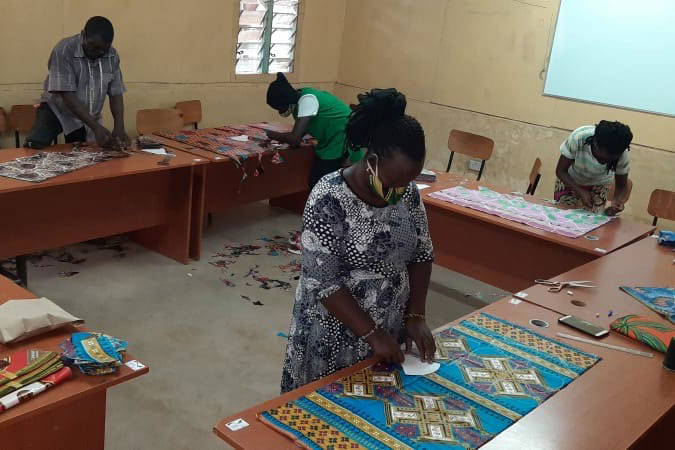
Kenya
Partnering with refugees to protect against COVID and ensure health-care access
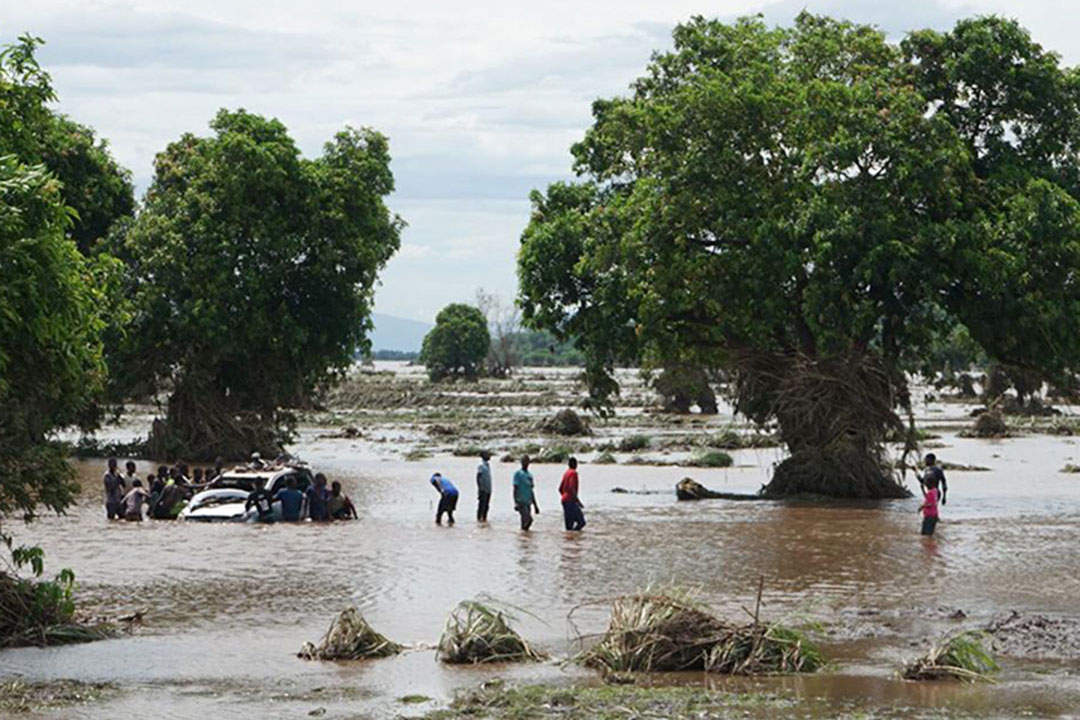
Malawi, Mozambique and Zambia
Coordinating a response after cyclones and flooding
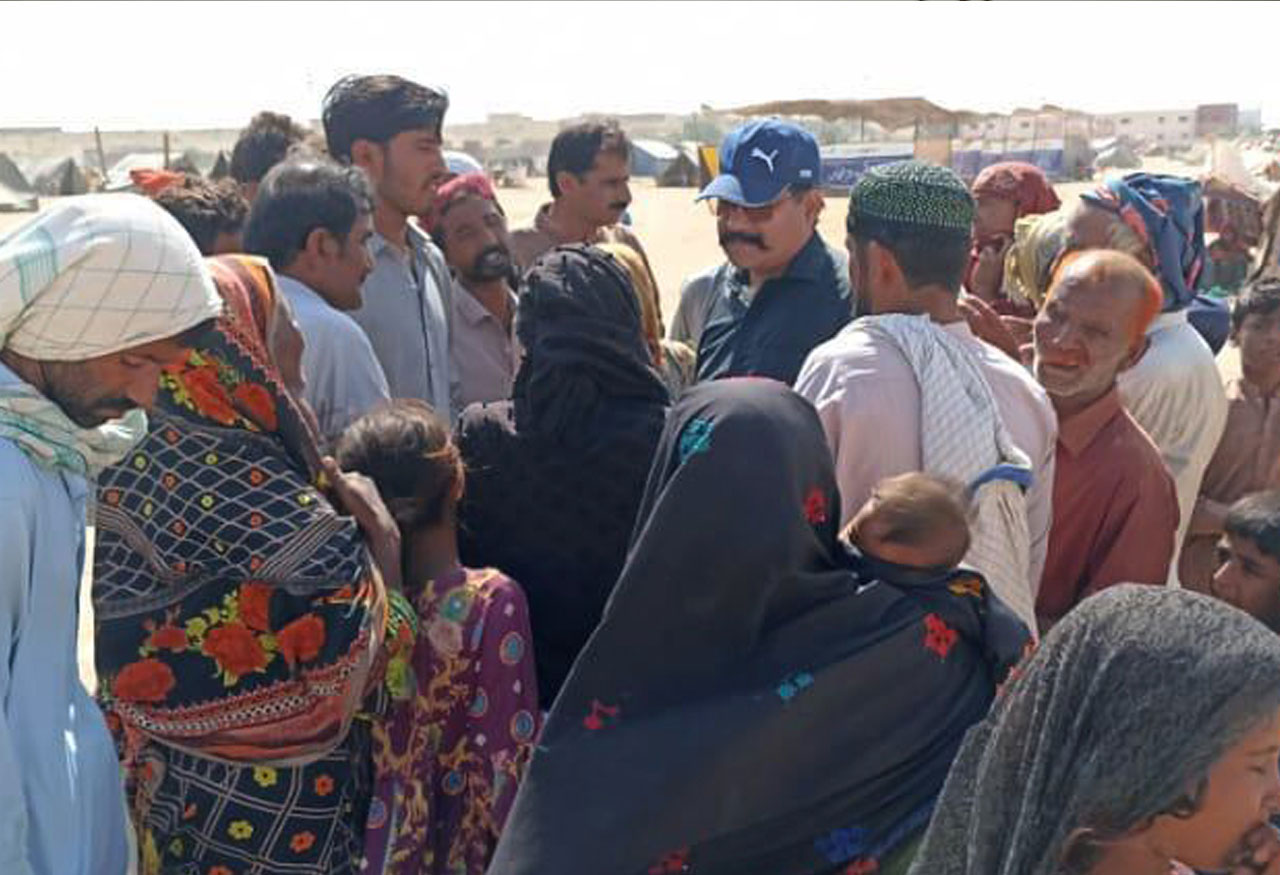
Pakistan
In flood-hit Pakistan, Ipas is ensuring reproductive health care
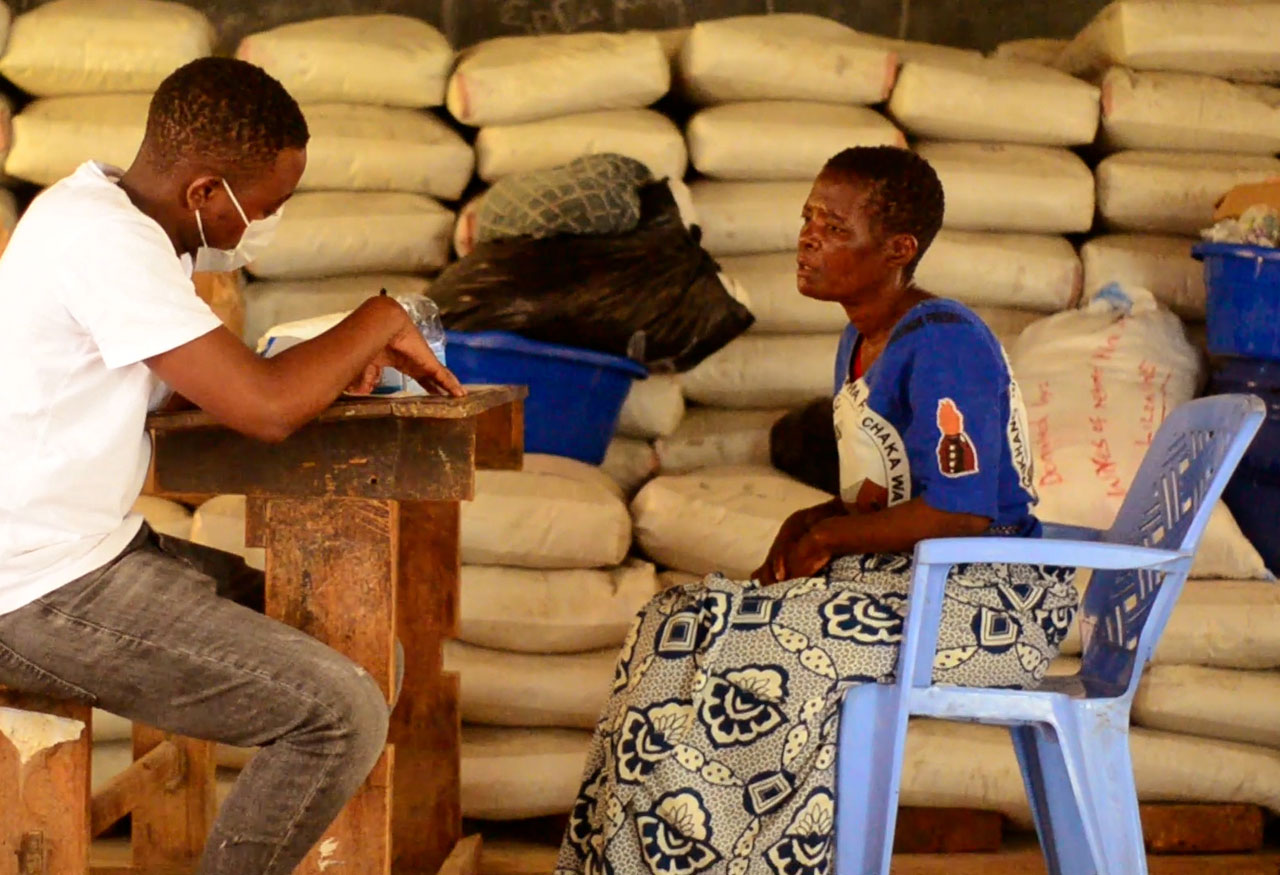
To solve the climate crisis, focus on women
We need women-led climate justice
Crisis settings caused by climate change are on the rise. This in turn harms women’s reproductive health. That’s why Ipas advocates for women-led climate justice.
Global awareness—and action—needed
Ipas is helping to build evidence that abortion care is needed in crisis settings—and showing that providing this care is possible with the right resources and strategy.
AMoCO Study resources
The Abortion-related Morbidity and Mortality in Fragile and Conflict-affected Settings (AMoCo) study is a multi-year research project to assess the magnitude and severity of abortion-related complications in hospitals located in fragile or conflict-affected areas of the Democratic Republic of the Congo (DRC), the Central African Republic (CAR) and Nigeria.
The evidence is growing: Abortion care is a necessity in humanitarian settings
The Potential of Self-Managed Abortion to Expand Abortion Access in Humanitarian Contexts
WATCH: The US Campaign to Deny Healthcare to War Victims
Ipas Senior Researcher Tamara Fetters participated in this conversation hosted by the Global Justice Center
Ensuring high-quality care and well-trained providers
Ipas offers specially tailored resources to improve abortion access in crisis settings by providing accurate information to clinicians and those seeking care—and by building support among humanitarian professionals for reproductive health services.
Resources for humanitarian settings:
Trauma-informed care in humanitarian settings
A new Ipas toolkit—Trauma-informed care for abortion providers treating sexual violence survivors in humanitarian settings—provides essential information for abortion providers on the principles of trauma-informed counseling and how to create an environment of psychological safety for people who seek care.
“We think this is a very unique resource addressing a gap in services and learning, and it explores a key intersection in the humanitarian and development sectors,” says Tamara Fetters, senior research scientist at Ipas.
Abortion Attitude Transformation: A values clarification toolkit for humanitarian audiences
Ipas toolkit aims to improve abortion access for refugee women and girls. Abortion Attitude Transformation: A values clarification toolkit for humanitarian audiences


